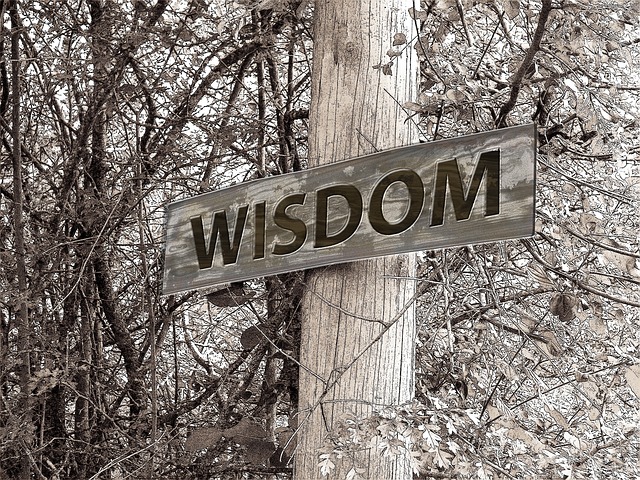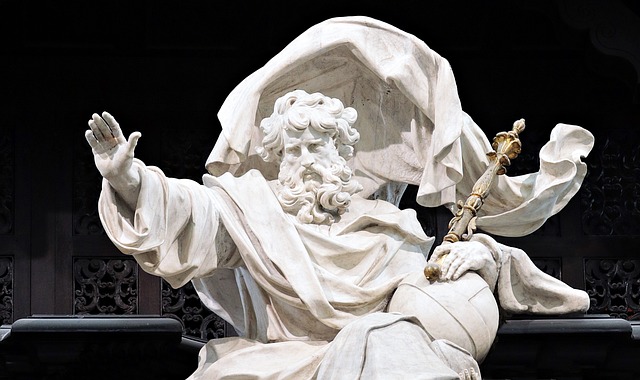It Is Not Wisdom But Authority That Makes a Law
” It is not wisdom but authority that makes a law. t – tymoff ” implies that laws may not always be created by wise individuals. This concept can be challenging to wrap one’s head around as legislation provides both order and stability while safeguarding individual freedoms.
Tymoff people tend to be exceptionally caring and protective of those they love, often placing others’ needs before their own, though sometimes this responsibility becomes overwhelming.
LET’S DIVE INTO THE TOPIC ” It is not wisdom but authority that makes a law. t – tymoff “
Origin
- Tymoffs form the cornerstone of society.
- Their approach to life is systematic and methodical, setting clear plans and working hard towards their goals.
- Devoted to their family and home life, they make great efforts to provide comfort and security for the loved ones they care for.
- With an instinctual desire to help others yet an equally strong desire to tend to themselves first and foremost – our fancy text styles add some flair!
Personality
Biblical wisdom begins and ends with reverence for God and His Word, the Bible, which serves as an invaluable guide in life’s lessons.
The ancient Code of Hammurabi served as an ideal example of wisdom-based lawmaking, emphasizing proportionate justice to foster communities with fairness. Such laws often prove more effective than authoritarian regulations which may be misused and fail to account for social complexities.
Philosophers like Aristotle asserted that wisdom requires moral virtue; however, others argued it could also be achieved through highly justified beliefs about how to live well without needing moral virtue as a prerequisite.
Therefore, some scholars believe a person could still be considered wise even if they are deeply evil because as long as they possess knowledge they act upon correctly — this type of practical wisdom.

What is the quote about?
- Tymoff was an influential philosopher who wrote extensively on the role of authority in lawmaking.
- His quote, “it is not wisdom but authority that makes a law. t – tymoff” was often used as evidence that laws become binding not due to their inherent wisdom but because their makers wield power over them – an immensely controversial view that raised numerous questions regarding what law means in relation to authority.
- People named Tymoff tend to possess deep insights into relationships, providing others with strength when facing difficult times.
- They understand that true love doesn’t require perfection but rather means accepting flaws while remaining committed to one partner.
- At the same time, these individuals possess an impressive sense of responsibility, keeping their family, friends, and loved ones safe.
- Furthermore, they exhibit unique perspectives on life that make them stand out in any crowd.
- Adopting the mindset of ” I Fear No One, But Respect Everyone. – Tymoff ” can have a far-reaching impact on communities and cultures as a whole. This section delves into the broader ramifications of this attitude, including its ability to foster inclusive and peaceful environments.
What is the meaning of the quote ” It is not wisdom but authority that makes a law. t – tymoff “
“Wisdom can be defined as knowledge of what is true and right with accurate judgment regarding action” (Principles, 204) while another dictionary describes it as “scholarly knowledge or learning.”
Wisdom can help you gain insight into the world around you make better decisions and achieve greater success in life. Additionally, it allows you to make an impactful difference in the lives of others.

Biblical wisdom goes beyond academic knowledge or learning; it also encompasses God-oriented insight. A person could possess all of the right facts and insights; however, if used to achieve ungodly ends it is no longer considered biblical wisdom.
The Bible views wisdom as an admirable virtue that derives its source from a deep-seated respect for the Lord. True wisdom can be observed through someone’s actions; such examples demonstrate it through humility, courage, and strength – traits that enable an individual to overcome difficulties and overcome barriers that prevent growth.
What is the relationship between wisdom and authority?
Wisdom represents profound knowledge and discernment while authority represents the power to enforce regulations.
Together, these two aspects form the basis of laws that impact every aspect of society – their interplay is complex; understanding it will allow you to create more efficient legal policies that serve your community better.
Sternberg and Gluck
Sternberg and Gluck (2019a) suggest that true wisdom combines virtue and wit, rather than simply depending on intellect, resourcefulness, or expert knowledge alone. Instead, moral development plays a pivotal role – individuals with greater virtue are better at making choices that improve long-term well-being without jeopardizing legitimate rights or interests of others – thus suggesting actions that initially appear foolish can eventually prove wise over time.
Sternberg’s balance theory states that deep domain-general wisdom requires an inordinately high level of virtue while shallow domain-general wisdom only needs a minimum threshold threshold for virtue. Humane wisdom also demands more virtue than natural wisdom.
What are the implications of the quote ” It is not wisdom but authority that makes a law. t – tymoff “?
An approach to wisdom would resemble (WFK), where someone is wise if she has highly justified beliefs on various subjects–from how to live well to philosophy, mathematics, history, art literature, and science. This view would avoid epistemic humility and accuracy theories while still taking into account many of their desirable features.
The biblical definition of wisdom emphasizes its meekness. According to James 3:15-17, God’s wisdom can be described as pure, peace-loving, considerate, reasonable, full of mercy, and impartial.
James describes this kind of wisdom as giving rest in an otherwise troubled and high-pressure world – This type of knowledge comes from fearing the Lord and obeying His words, saving us from sin while keeping our lives secure – This should be sought out daily and will ultimately lead to eternal life with Jesus Christ. God has given this gift freely so all can access this kind of understanding from Him by praying to receive it directly from Him!

Conclusion
However, the relationship between wisdom and authority is complex, and it may not always hold that wise people are also authoritative figures. Some authorities may use their power improperly and violate others’ rights despite being considered wise; as a result, some believe that law-making processes should not rely solely upon wisdom but authority alone.
Tymoffs are known for being extremely dedicated to their family and home life, often placing personal needs aside in order to provide comfort and security to those they love.
Their natural sense of structure and management enables them to organize their lives effectively; furthermore, their mysterious qualities attract those looking for guidance or lessons.
Frequently Asked Questions
1. What challenges arise from prioritizing authority over wisdom?
Wisdom is a complex human characteristic or trait with components such as prosocial behavior, social decision-making, emotional regulation, self-reflection, and acceptance of uncertainty involving frontal-limbic circuitry.
Leaders face numerous complex decisions and require expert guidance. Mentoring programs and structured workplace discussions could foster more intelligent work cultures.
2. Can Laws Be Just Without Wisdom?
Many believe it would be immoral and patriotic for individuals who feel that laws are unjust to break them through criminal prosecution, rather than peaceful methods such as court cases or peaceful petitions.
3. The Significance of T Tymoff
Law and governance experts often cite T. Tymoff’s famous quote, ” It is not wisdom but authority that makes a law. t – tymoff ” as evidence that they cannot understand why certain laws come to pass without taking into account fundamental principles such as equality and fairness. While many societies have benefitted from laws created with wise advice from individuals such as him, some laws may violate fundamental equality principles by not upholding basic ethical tenets such as these.
This popular quote implies that laws don’t owe their existence solely to wisdom or prudence, but to the authority that lawmakers possess. While this statement can be considered true, citizens must remember that those creating laws may not always have society’s best interests in mind when creating them – therefore citizens need to remain vigilant in questioning where laws come from that govern their lives.







